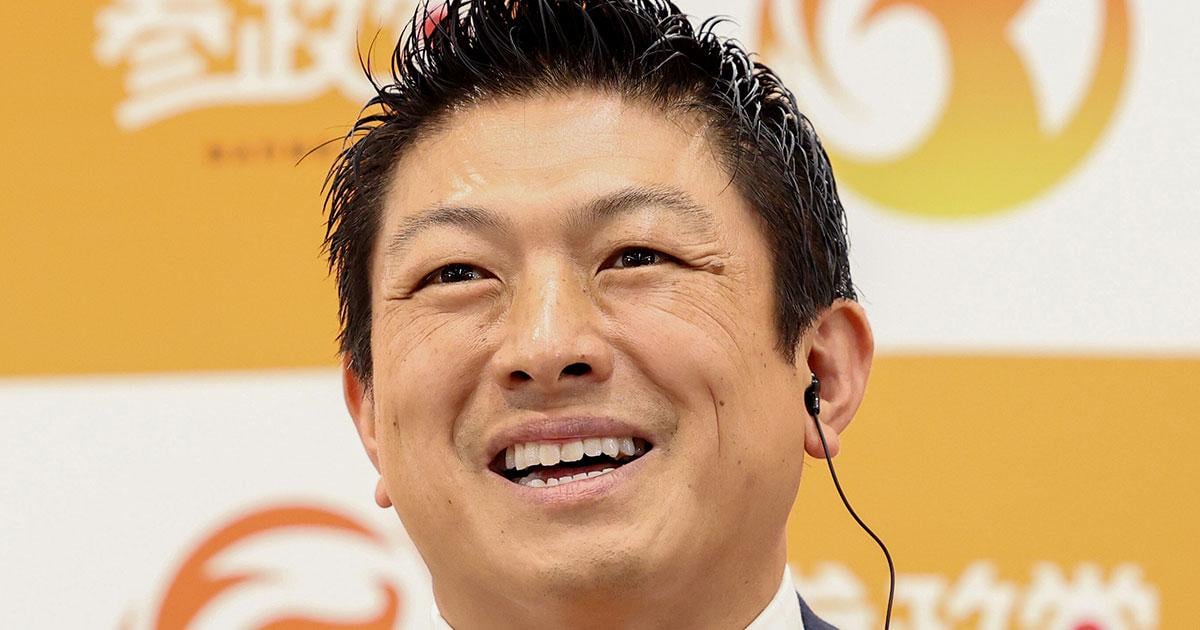
On July 20th, an election was held for Japan’s House of Councillors. The ruling Liberal Democratic Party and Komeito suffered a major defeat, losing their majority, while newer parties like the National Democratic Party and the Sanseito made significant gains.
On election day, TV channels aired special programs. TV Asahi broadcasted “Election Station 2025 & Udō Times” for about four hours, featuring a live interview with Sanseito’s leader, Kamiya Sohei. During the interview, he had a heated discussion with the host, Kensuke Ōkoshi.
Sanseito campaigned with the slogan “Japanese First.” Kamiya's speeches during the campaign, including comments about older women and the need to create a society for young women to have children, sparked controversy. Despite the backlash, Kamiya stood by his remarks, saying they were meant to challenge societal norms.
Ōkoshi pushed back, suggesting Kamiya's statements might perpetuate stereotypes about women. Kamiya , however, denied any intent to demean women and emphasized his support for gender equality. He acknowledged that political statements can sometimes unintentionally hurt people but maintained the importance of speaking openly, even if it involves risks.
Ōkoshi expressed concern that Kamiya's blunt statements might provoke negative emotions and questioned if they reflected populism. Kamiya explained the necessity of direct communication in street campaigns to engage the public. He acknowledged the influence of figures like Trump, whose policies he partially agreed with.
Ultimately, Ōkoshi urged Kamiya to consider the impact of his words, citing past instances of unrest fueled by divisive rhetoric. Many viewers noticed Ōkoshi’s unusually stern demeanor during the interview, interpreting it as a sign of frustration with Kimiya’s responses.
by MagazineKey4532
